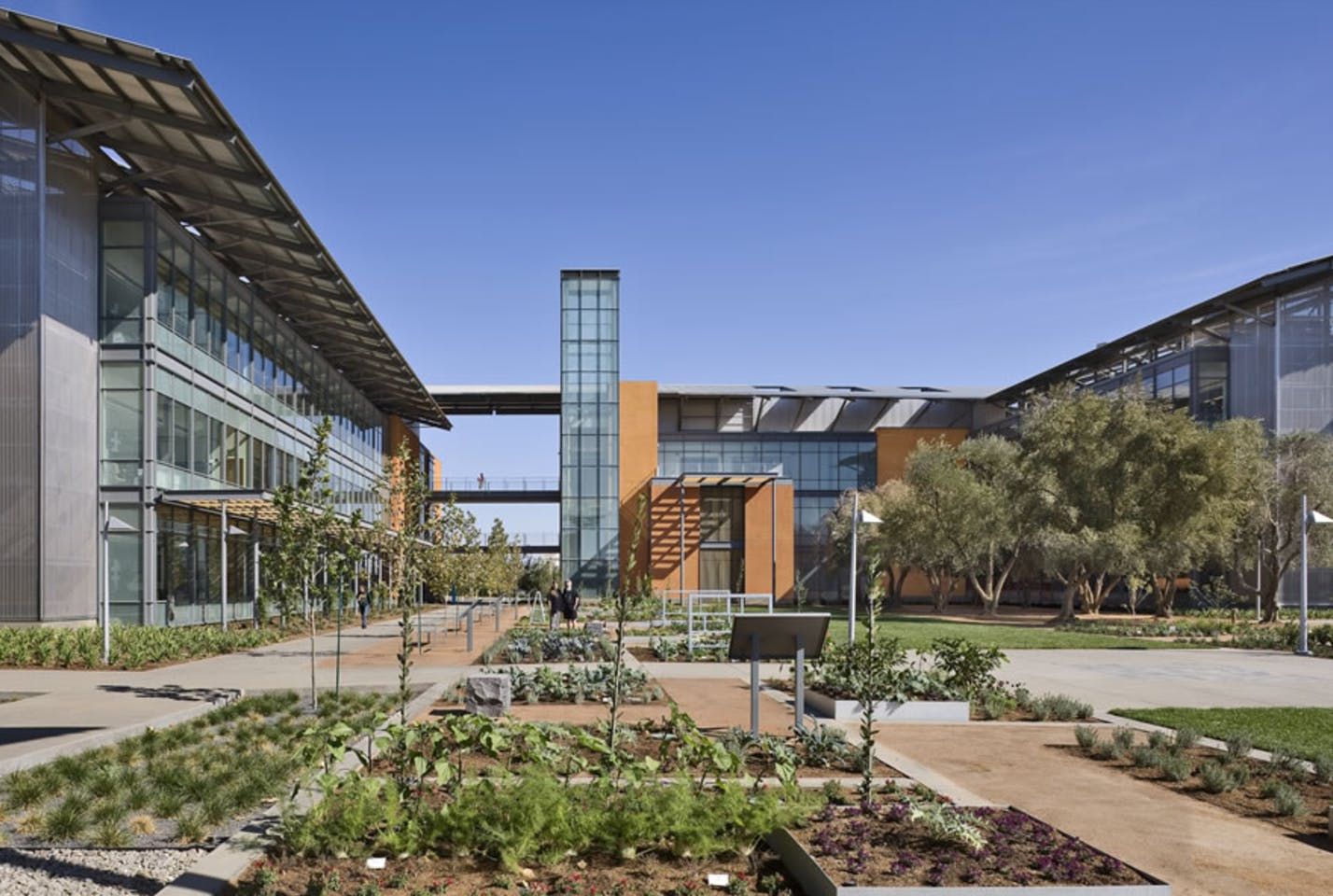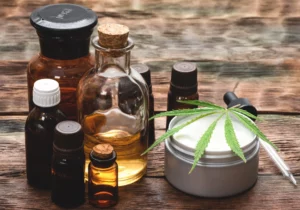Cannabis Education at UC Davis
University of California at Davis is offering a new Physiology of Cannabis class that allows students to learn about cannabis, becoming one of the first universities in the state of California as well as the nation to offer formal education in this area. The new class offering is comes on the heels of the recent passage of Prop 64 which makes recreational marijuana legal in California.
FOLLOW US ON FACEBOOK & INSTAGRAM
The instructor of the course, Yu-Fung Lin is an associate professor of physiology and membrane biology at the UC Davis School of Medicine. Lin expressed the importance of the new course saying, “We feel it is important at this moment to educate students about the physiology and medical indications of cannabis and cannabinoids.” The class will be offered to undergraduate students across UC Davis, fulfilling a general education requirement for science and engineering.
The course will cover the biology of cannabis and cannabinoids, as well as how they effect different systems in the body. The course will also delve into the potential medical benefits of cannabis and the history of cannabis use as a medication. A more advanced version of the class is being formulated for medical students to be also offered next year. UC Davis is also hoping to expand public knowledge of cannabis through a similar course offered to the general public.
Other Types of Cannabis Education
The course is the first of its kind to be offered in the UC system, making it an important step in the expansion of education on the benefits of marijuana. As many people involved in or interested in the marijuana industry know, the current lack of reputable education on the subject of cannabis is major problem. Only a handful of universities in the country offer classes on marijuana. The University of Vermont medical school and the Massachusetts Medical Society both offer limited courses on marijuana, as well as three different law schools in the country, including Harvard.
The United States does have one cannabis education dedicated campus, which is Oaksterdam University located in Oakland, California. Founded in 2007, Oaksterdam University was founded by Richard Lee as a trade school for people in the cannabis industry. The school was modeled on the Cannabis College in Amsterdam, though it has a far extended curriculum from the horticulture focused school in Europe. Oaksterdam University offers courses in business, culinary arts, history, horticulture, law, and sciences, all based around marijuana.
There are also a few online training programs for doctors that allow them to get more information on cannabis, including how to properly prescribe it for different conditions. Certain states require doctors to complete various online training programs before being authorized to prescribe medical marijuana.
The Medical Cannabis Institute is an online resources that provides courses ranging from Clinical Applications of Cannabis for Cancer Patients to Core Knowledge of the Endocannabinoid System. There are also a variety of patient resources, like HelloMD, that provide patients with information to help them understand the way cannabis can be used to aid a variety of medical conditions.
Doctor Education is Missing
Despite the expanding amount of cannabis-oriented resources for doctors, patients, and curious public alike, there is still a lack of formal educational resources available to the general public. Doctors are possibly the most effected by the lack of educational opportunities, as they do not receive any formal training on cannabis in medical school like other pharmaceuticals they prescribe. Perry Solomon, the Chief Medical Officer at HelloMD, said this of the lack of available education for doctors;
“One the biggest obstacles in patients obtaining medicinal cannabis in legal states is the inability to find physicians who are familiar with cannabis. There is only one medical school in the country that actually teaches a course on cannabis and only 13% of the others mention it in various details. This, of course, results in an uninformed graduating physician population.
When a patient then goes to a doctor and wants to discuss cannabis as an alternative to traditional medication, the physician is unable to do so. What I have seen happen occasionally as well is, due to their ignorance and pre-determined bias regarding cannabis, the physician “fires” the patient who has been using cannabis!
As more and more states legalize medicinal cannabis, I have seen more physicians attending educational events all across the country. It is vital for more physicians to become educated about cannabis since they will be seeing more of their patients using it in the future, including states where “adult use” is permitted. What we have seen most at HelloMD is patients who had used cannabis to help with chronic pain, the number one reason that patients use cannabis. An educated physician population can encourage this use and hopefully decrease the 33,091 people who overdosed from opioids in 2015."
As cannabis is becoming more recognized as a viable medication, hopefully the educational opportunities will continue to expand for doctors. It is important that doctors are educated on how to prescribe cannabis, so patients can use cannabis more effectively and safely.
If you are new to cannabis and want to learn more, take a look at our Cannabis 101 post. HelloMD can help you get your medical marijuana recommendation; it’s 100% online, private and efficient.






